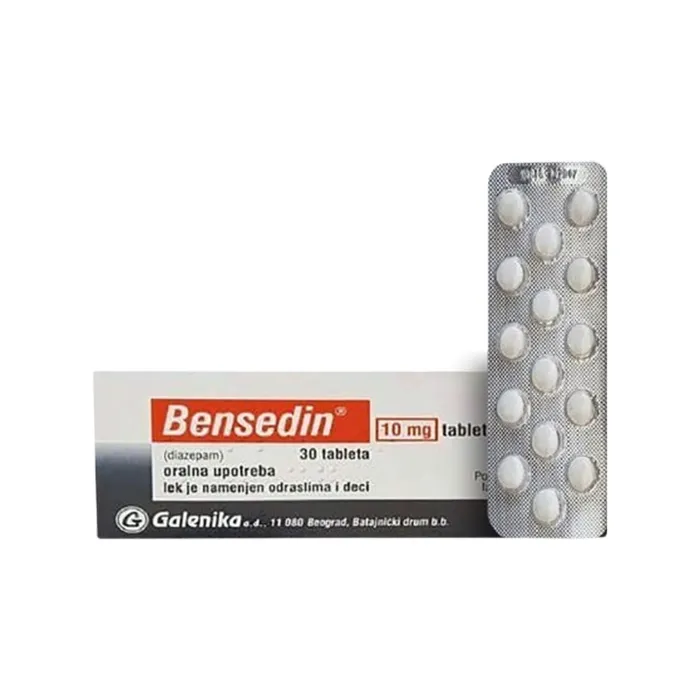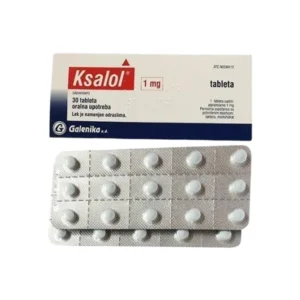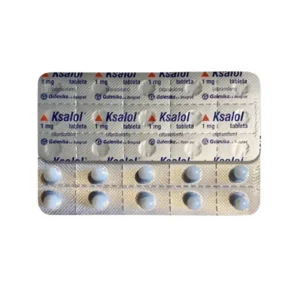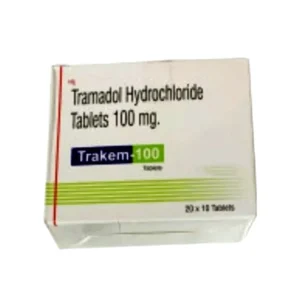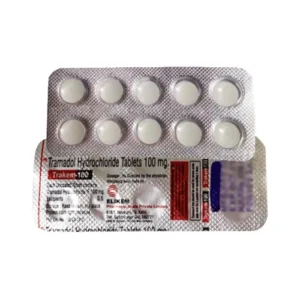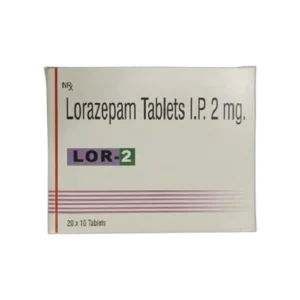Bensedin: Uses, Effects, and Risks of This Benzodiazepine
What Is Bensedin?
Bensedin is a brand name for diazepam, a benzodiazepine drug commonly used to treat conditions such as anxiety, muscle spasms, seizures, and alcohol withdrawal symptoms. It works by enhancing the effects of gamma-aminobutyric acid (GABA), a neurotransmitter that helps calm nerve activity in the brain.
Manufactured in various regions, including Serbia by Galenika Pharmaceuticals, Bensedin is often sought after for its calming effects. However, it is a controlled substance in many countries due to its potential for addiction and misuse.
Medical Uses of Bensedin
Bensedin (diazepam) is prescribed for:
- Anxiety Disorders – Helps manage generalized anxiety disorder (GAD) and panic attacks.
- Muscle Spasms – Used for conditions like cerebral palsy, multiple sclerosis, or spinal cord injuries.
- Seizure Disorders – Can be part of epilepsy treatment plans.
- Alcohol Withdrawal – Helps reduce withdrawal symptoms like agitation, tremors, and seizures.
- Sedation Before Medical Procedures – Used to relax patients before surgeries or dental procedures.
How Bensedin Works
Bensedin enhances the effect of GABA, a neurotransmitter that slows down brain activity. This results in:
- A sense of relaxation and calmness
- Reduced muscle tension and spasms
- Sedation and drowsiness
The drug typically starts working within 30 to 60 minutes, with effects lasting for several hours depending on the dose and individual metabolism.
Side Effects of Bensedin
Like all benzodiazepines, Bensedin can cause mild to severe side effects, including:
- Drowsiness and fatigue
- Dizziness and confusion
- Memory problems
- Nausea or dry mouth
- Slurred speech
- Loss of coordination
More serious effects include respiratory depression, especially when taken in high doses or combined with alcohol or other depressants.
Risks and Dangers of Bensedin
Addiction and Dependence
Bensedin has a high potential for addiction when misused. Long-term use can lead to physical dependence, where the body requires the drug to function normally. If stopped suddenly, withdrawal symptoms may occur, including:
- Anxiety and panic attacks
- Insomnia
- Sweating and tremors
- Seizures (in severe cases)
Overdose Risk
Taking too much Bensedin, especially with alcohol or opioids, can be fatal. Overdose symptoms include:
- Extreme drowsiness
- Confusion
- Slow or difficult breathing
- Loss of consciousness
If an overdose is suspected, immediate medical attention is required.
Legal Status and Availability
Bensedin (diazepam) is a prescription-only medication in most countries. However, it is sometimes available through illicit online pharmacies, which poses risks of counterfeit or unsafe versions. Always obtain medication through a licensed provider to ensure safety.
Conclusion
Bensedin (diazepam) is a powerful benzodiazepine with legitimate medical uses but also significant risks, especially regarding addiction and overdose. If prescribed, it should be used exactly as directed by a doctor and never combined with alcohol or other sedatives.
If you or someone you know is struggling with benzodiazepine dependence, seeking professional medical help is crucial for safe withdrawal and recovery.

 USA,
USA,  UK,
UK,  Europe,
Europe,  Australia,
Australia,  Hong Kong and
Hong Kong and  Japan.
Japan.